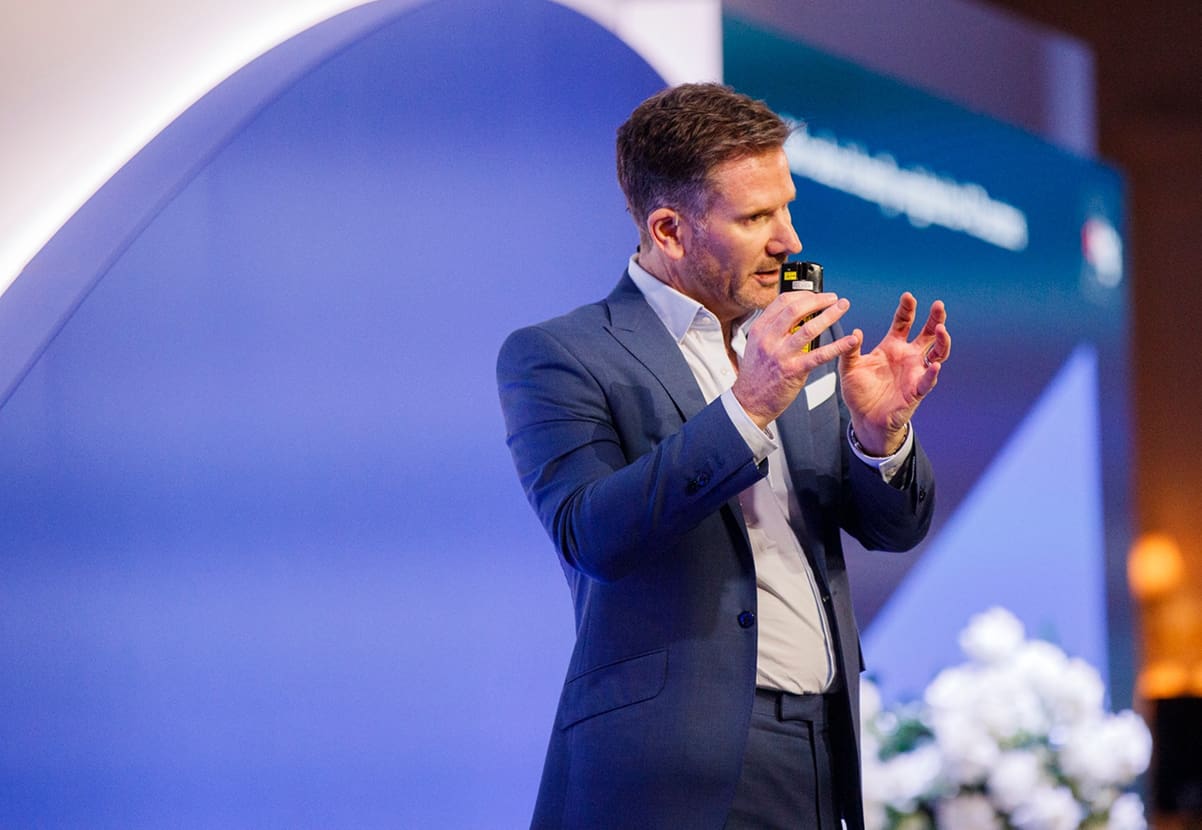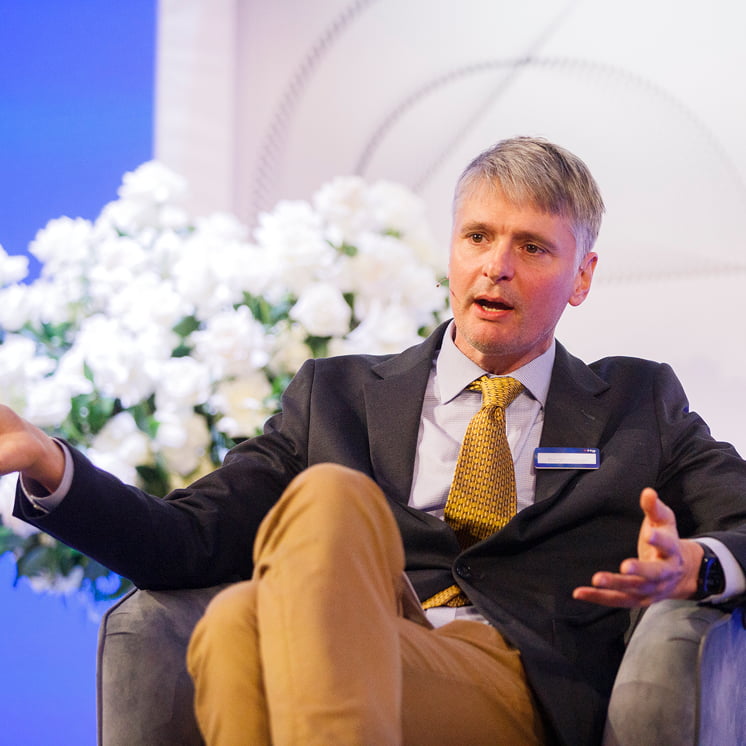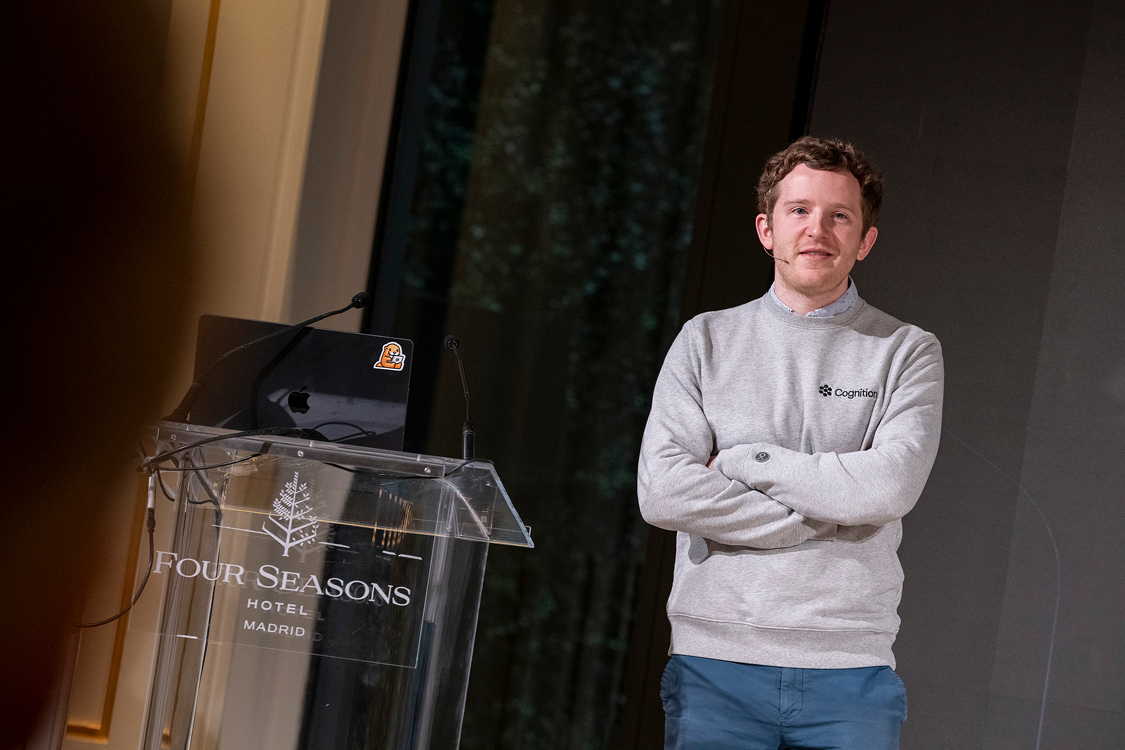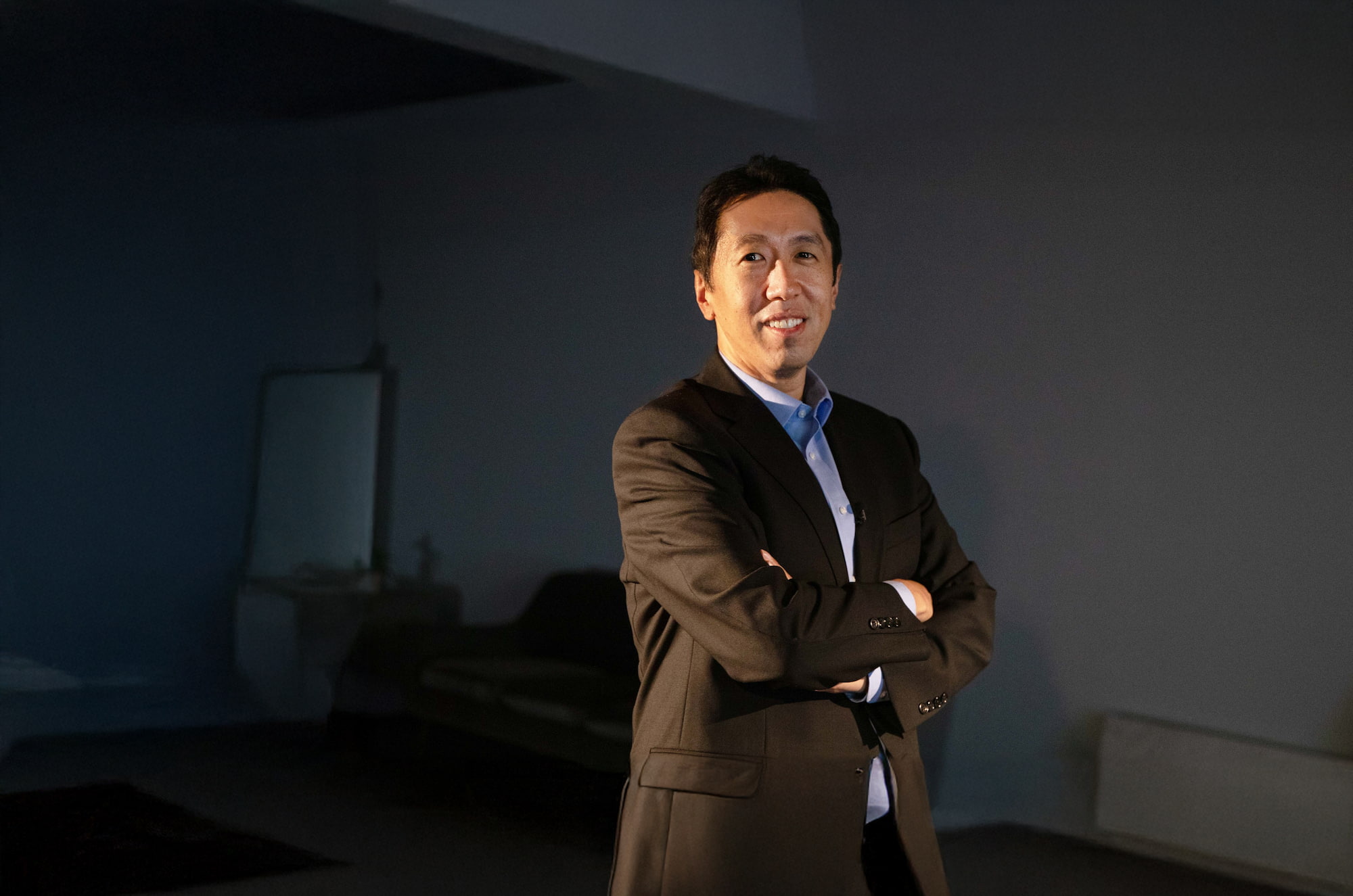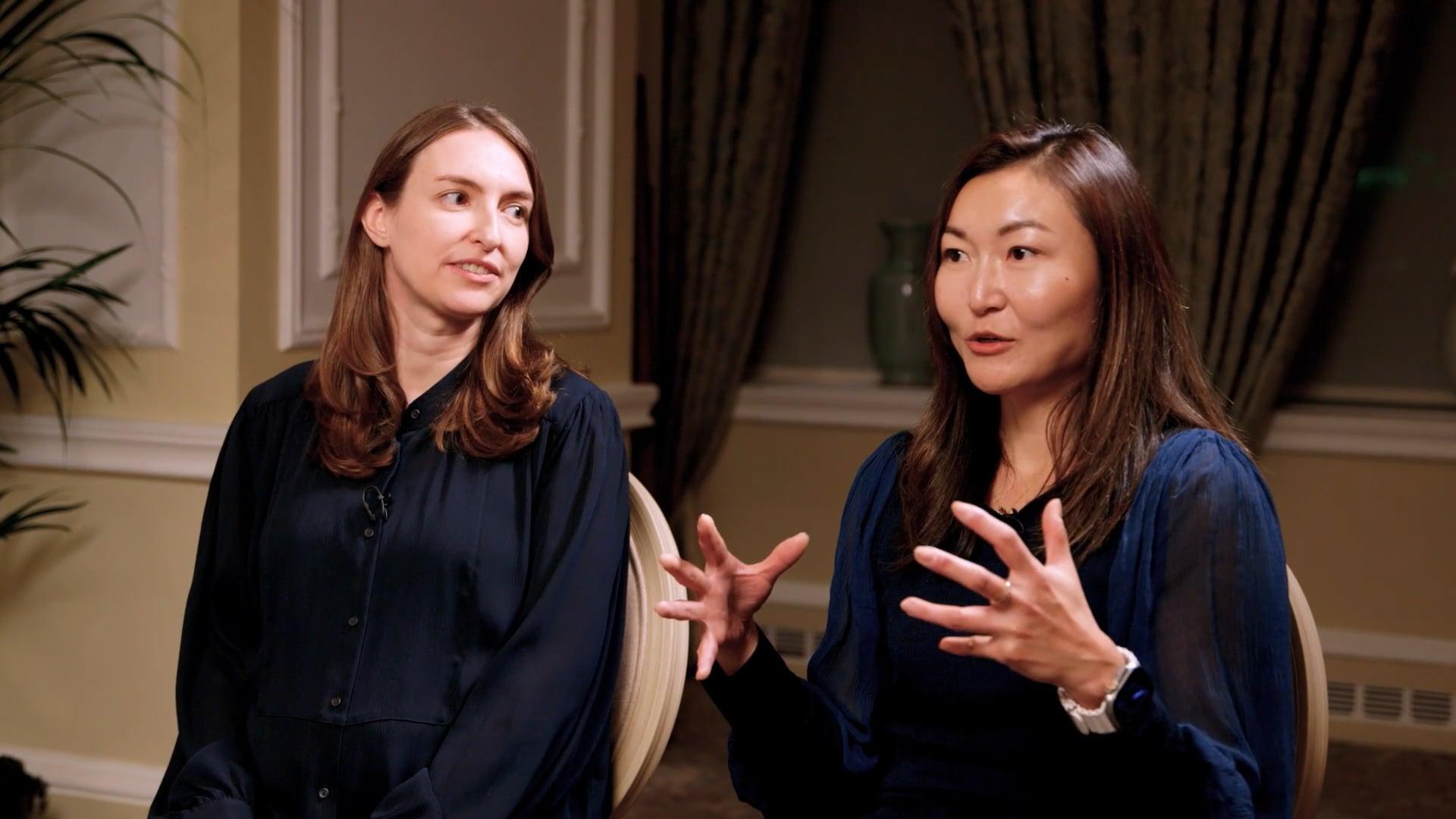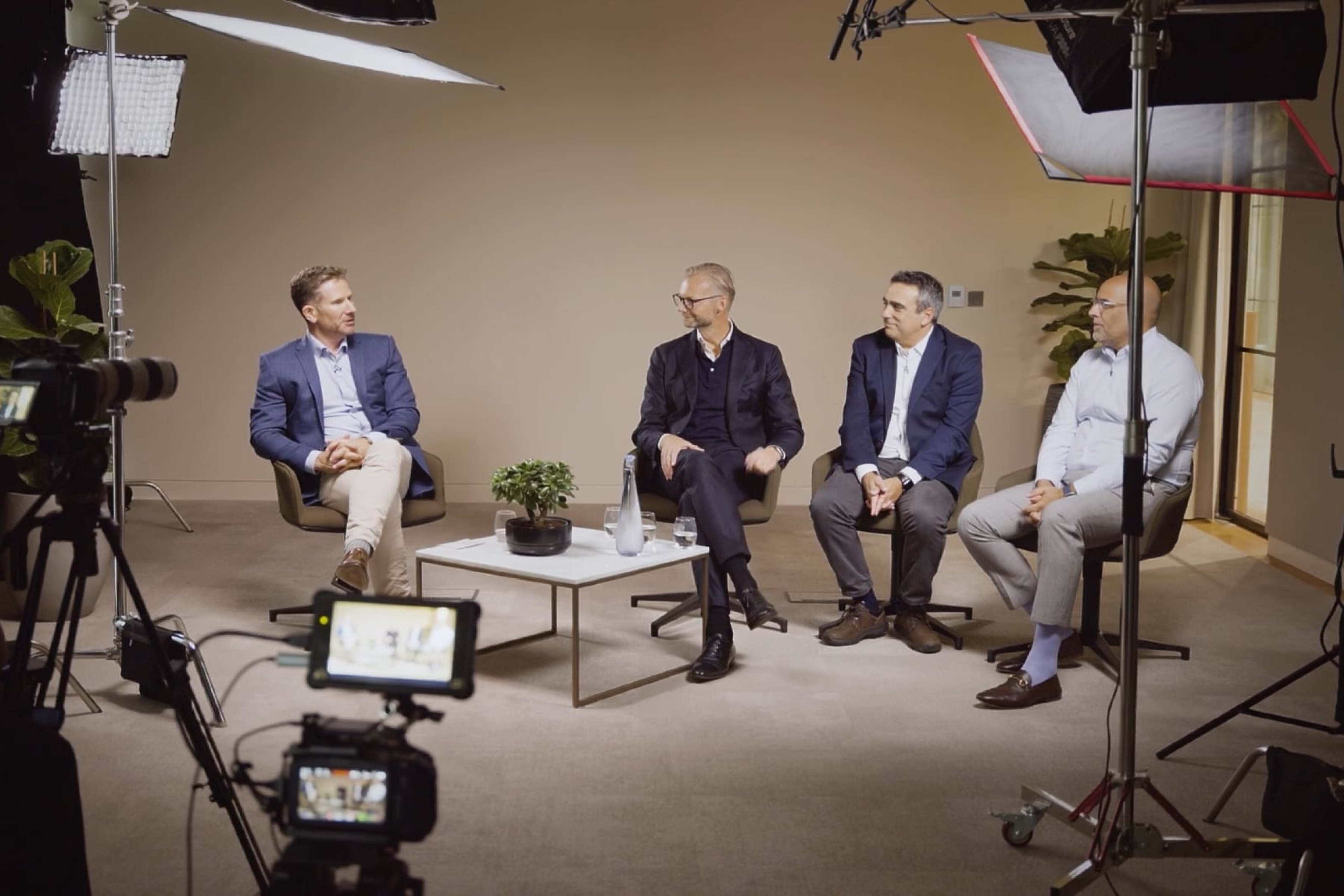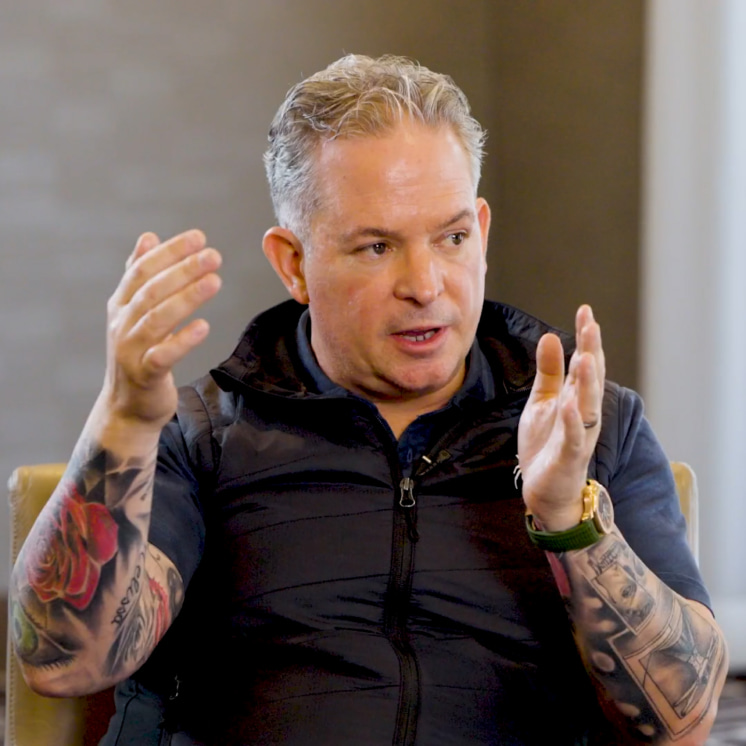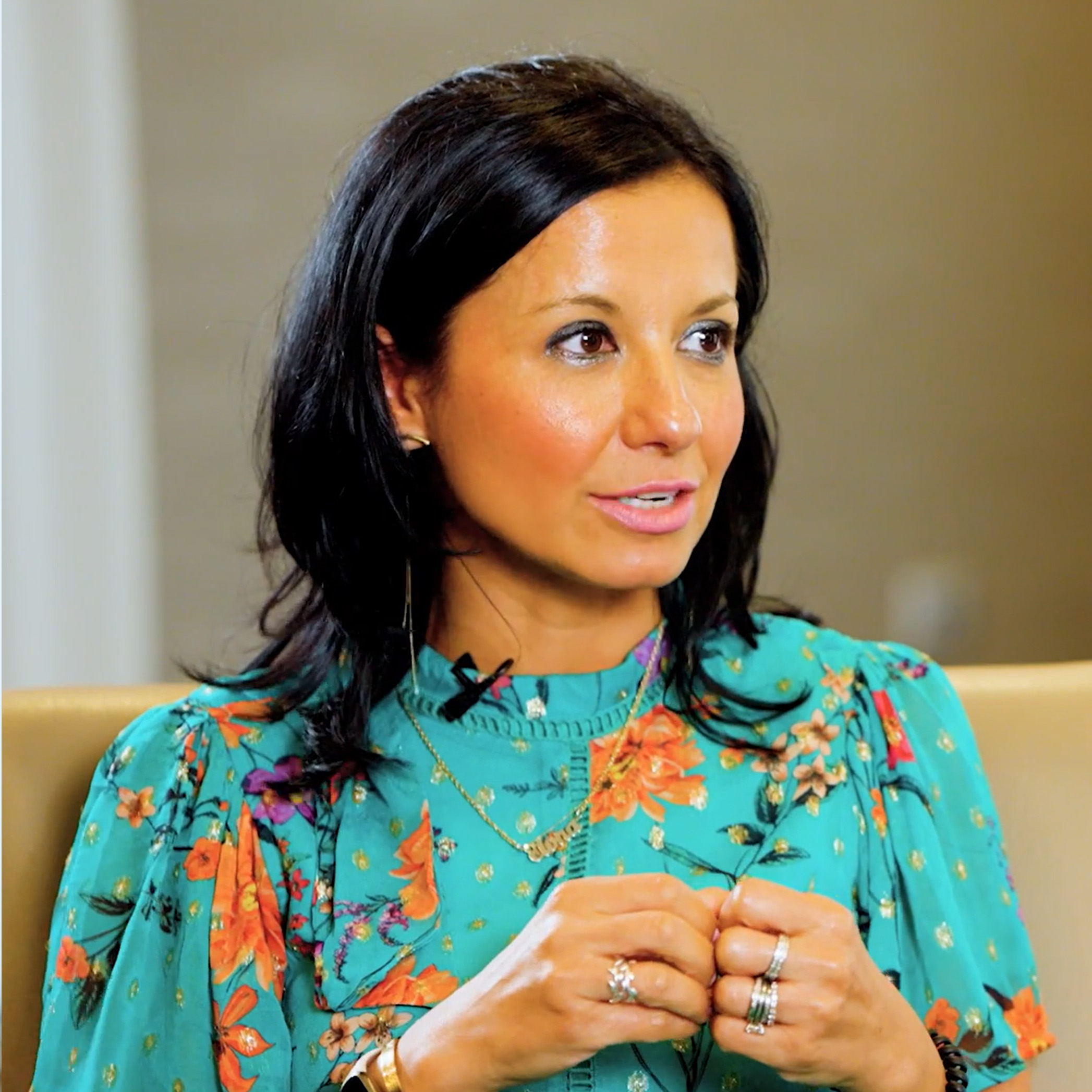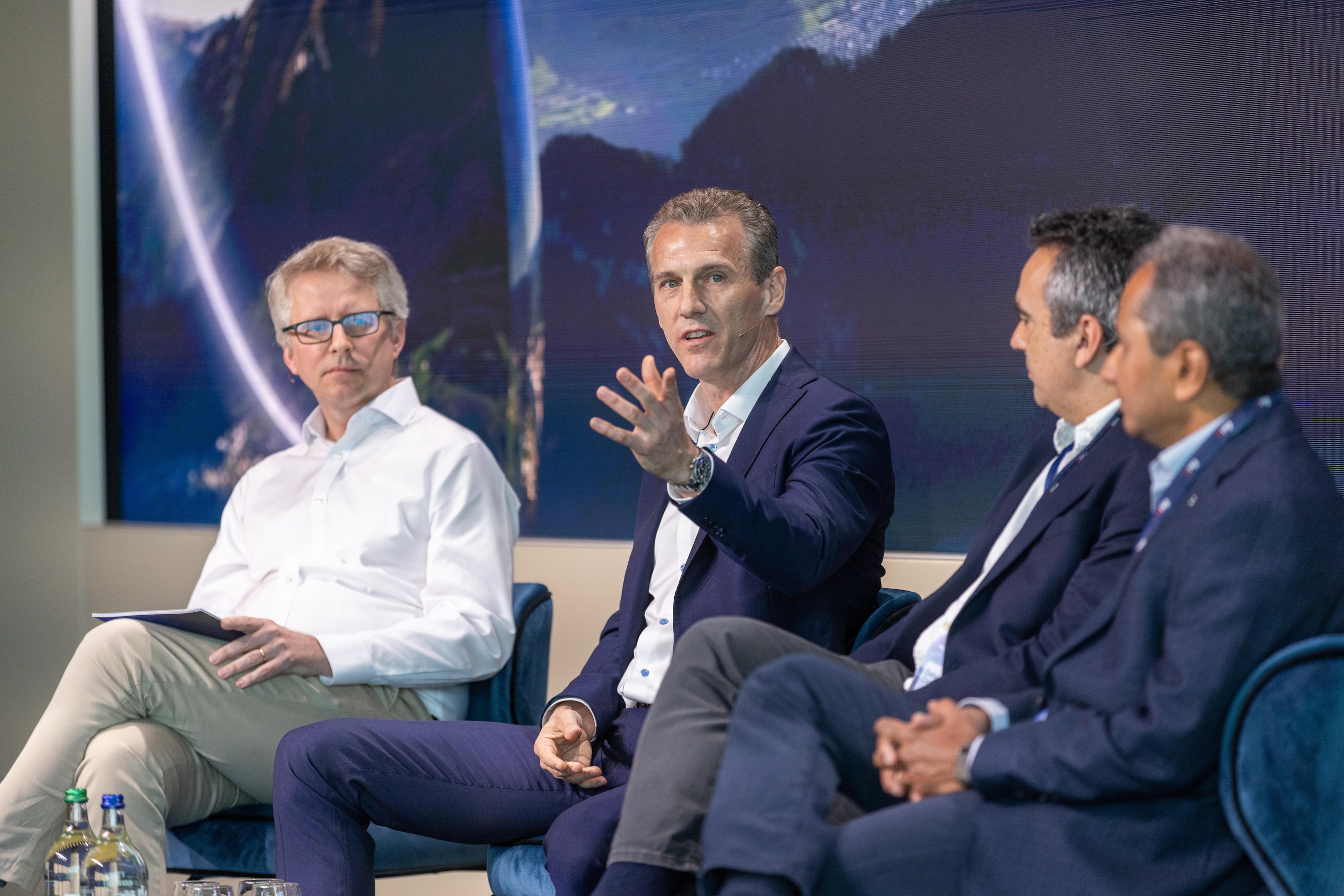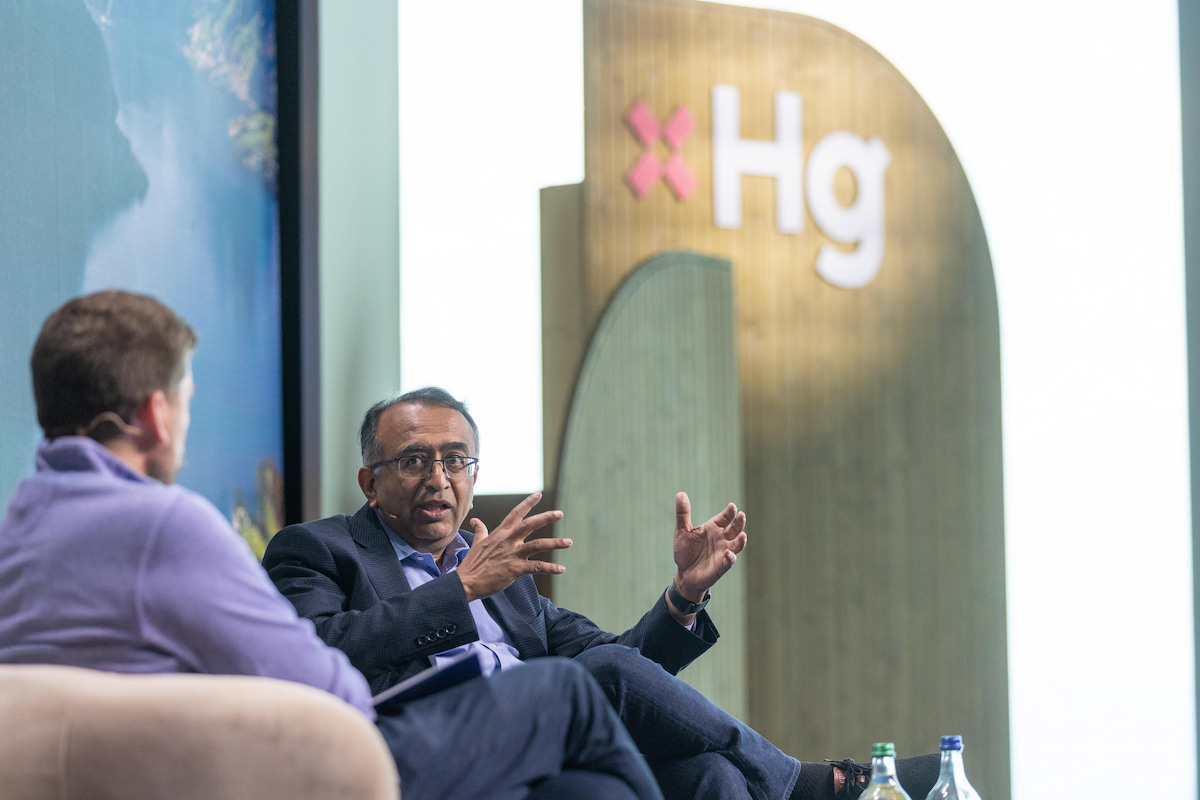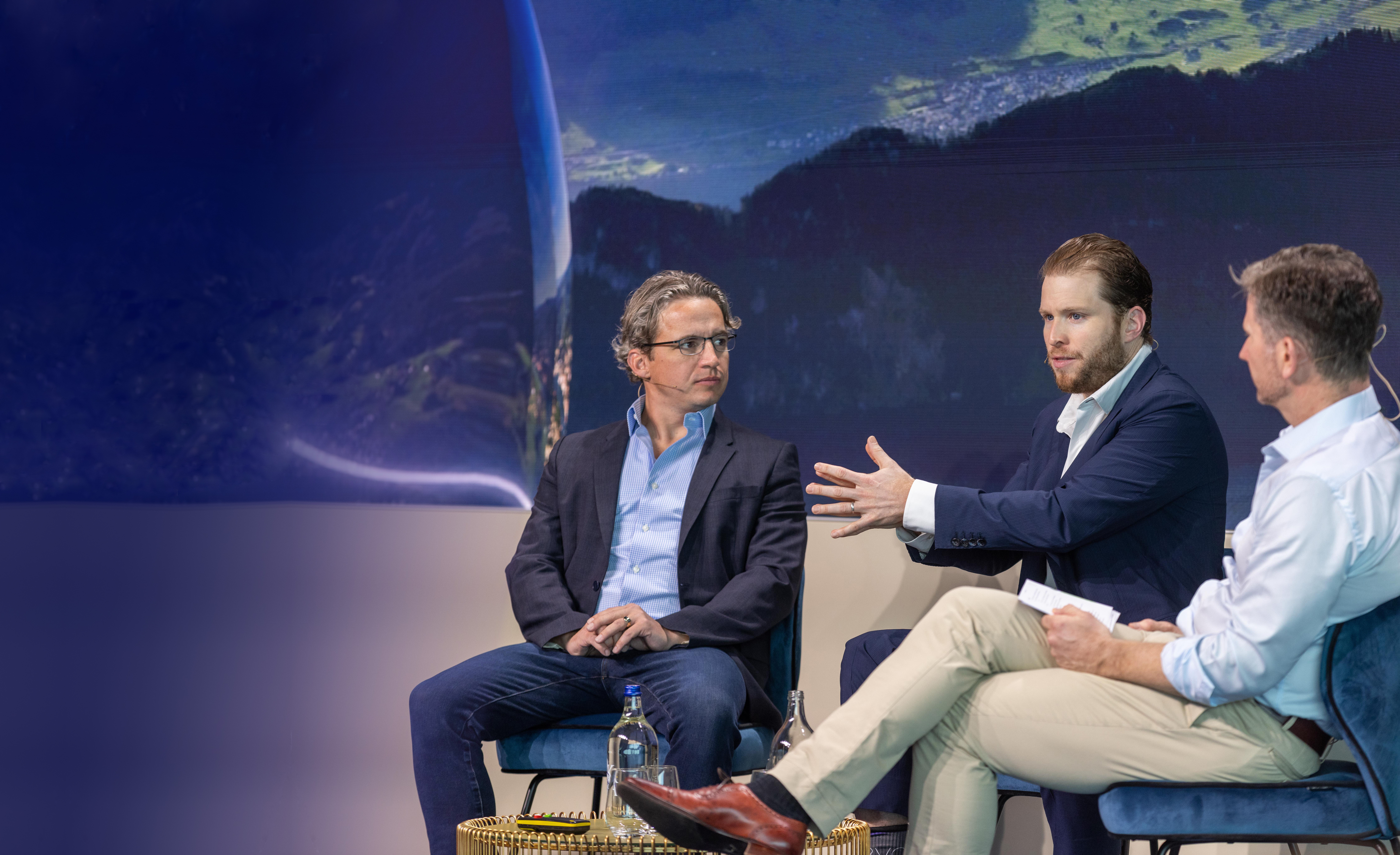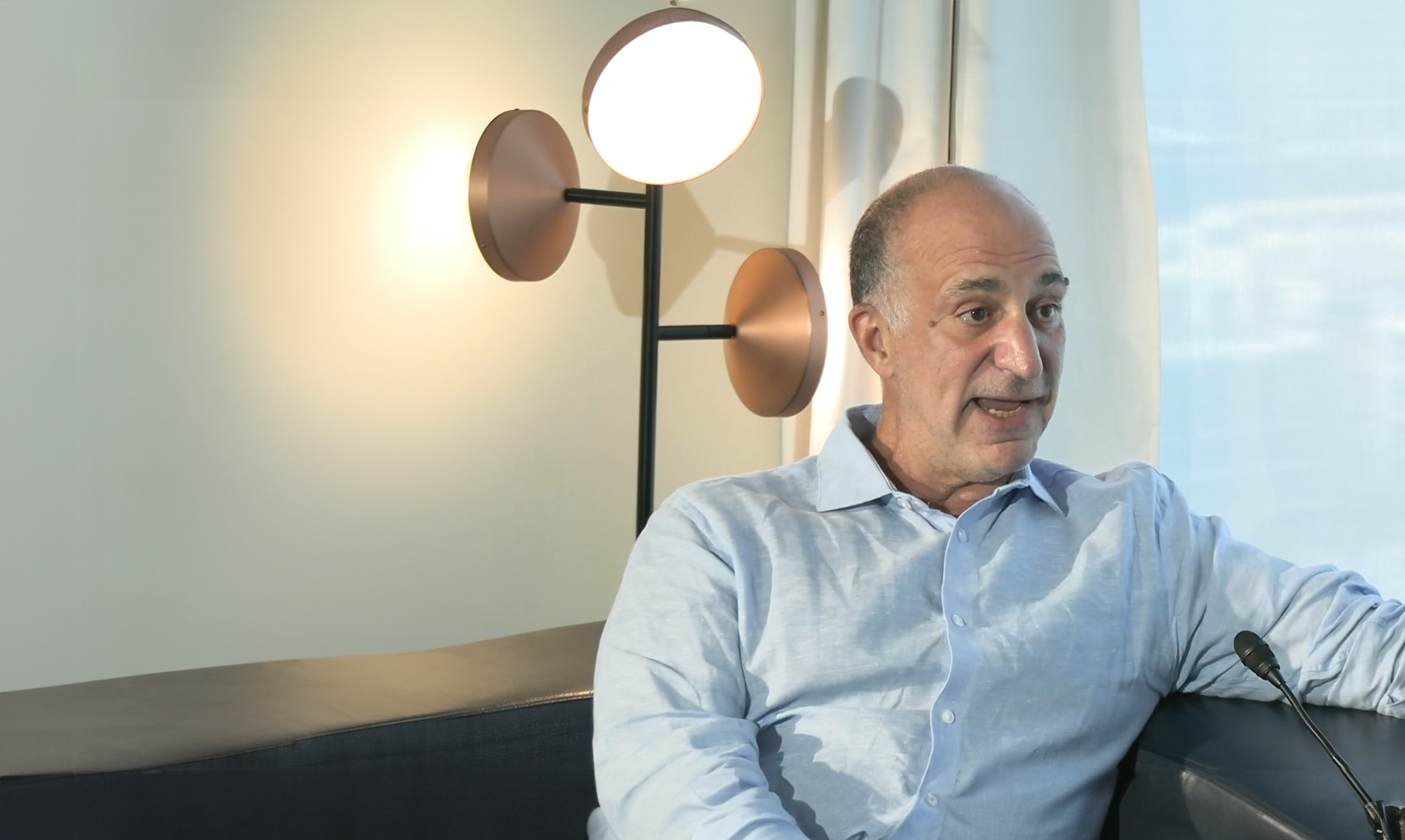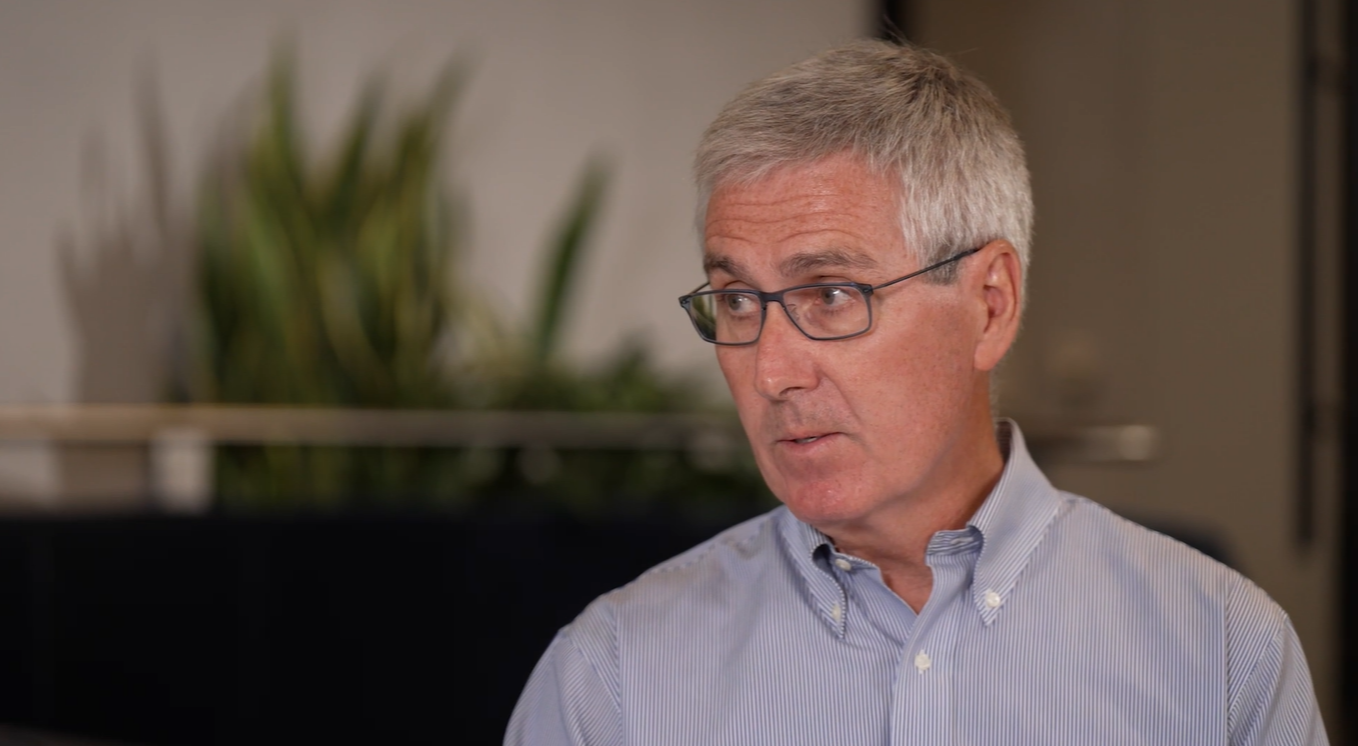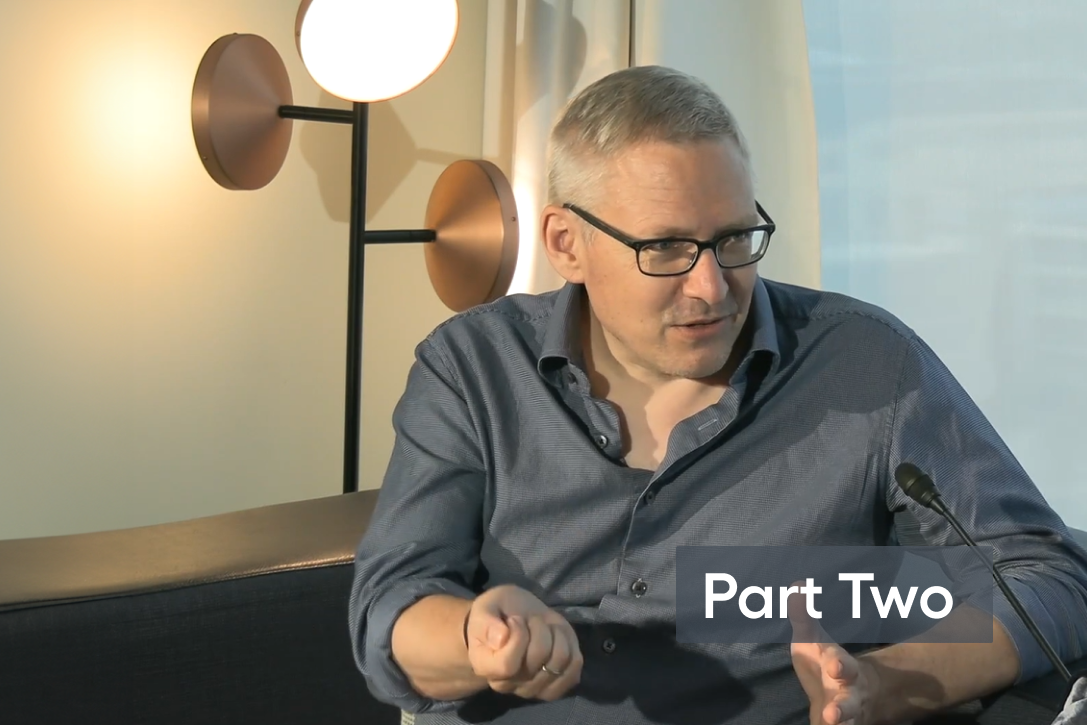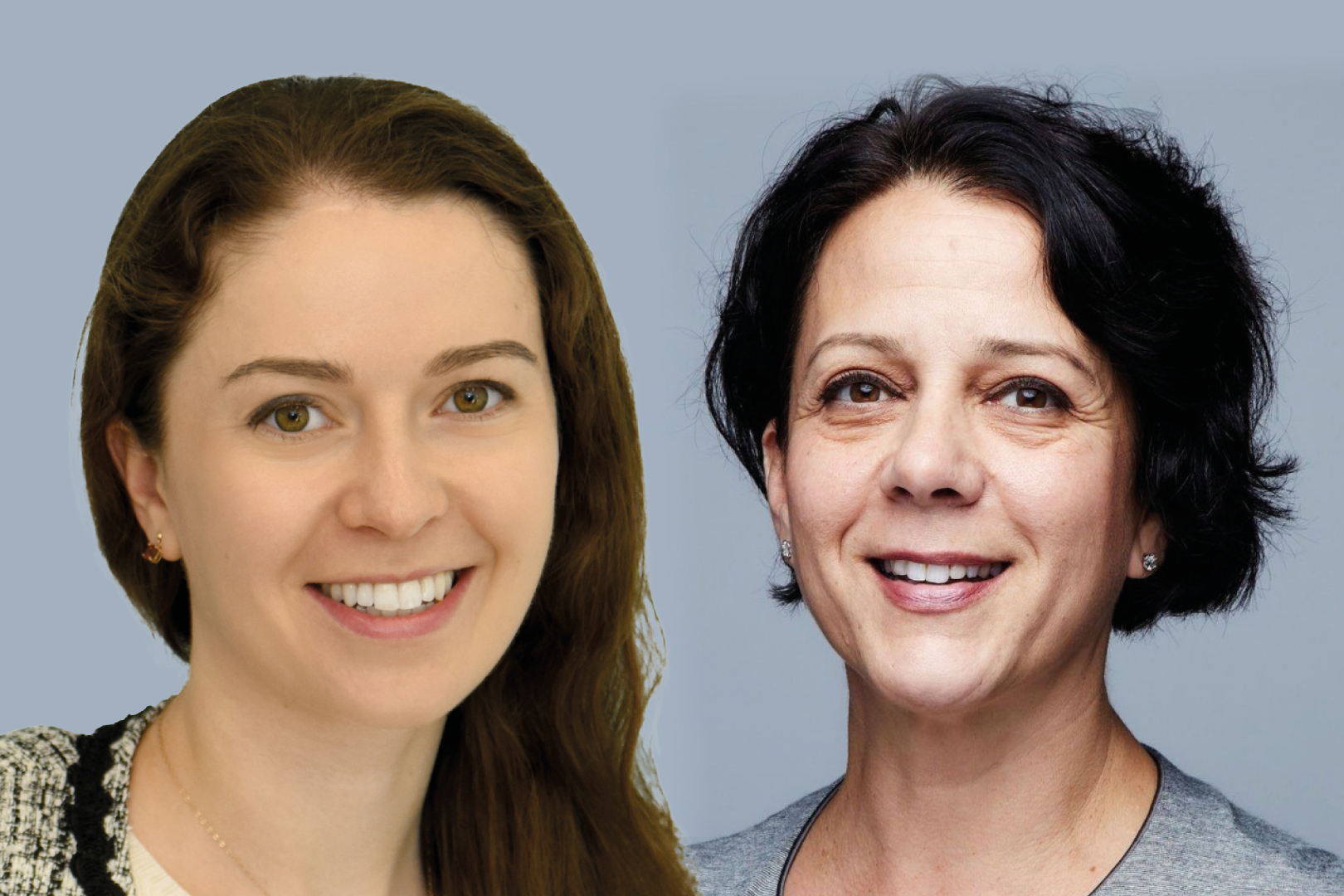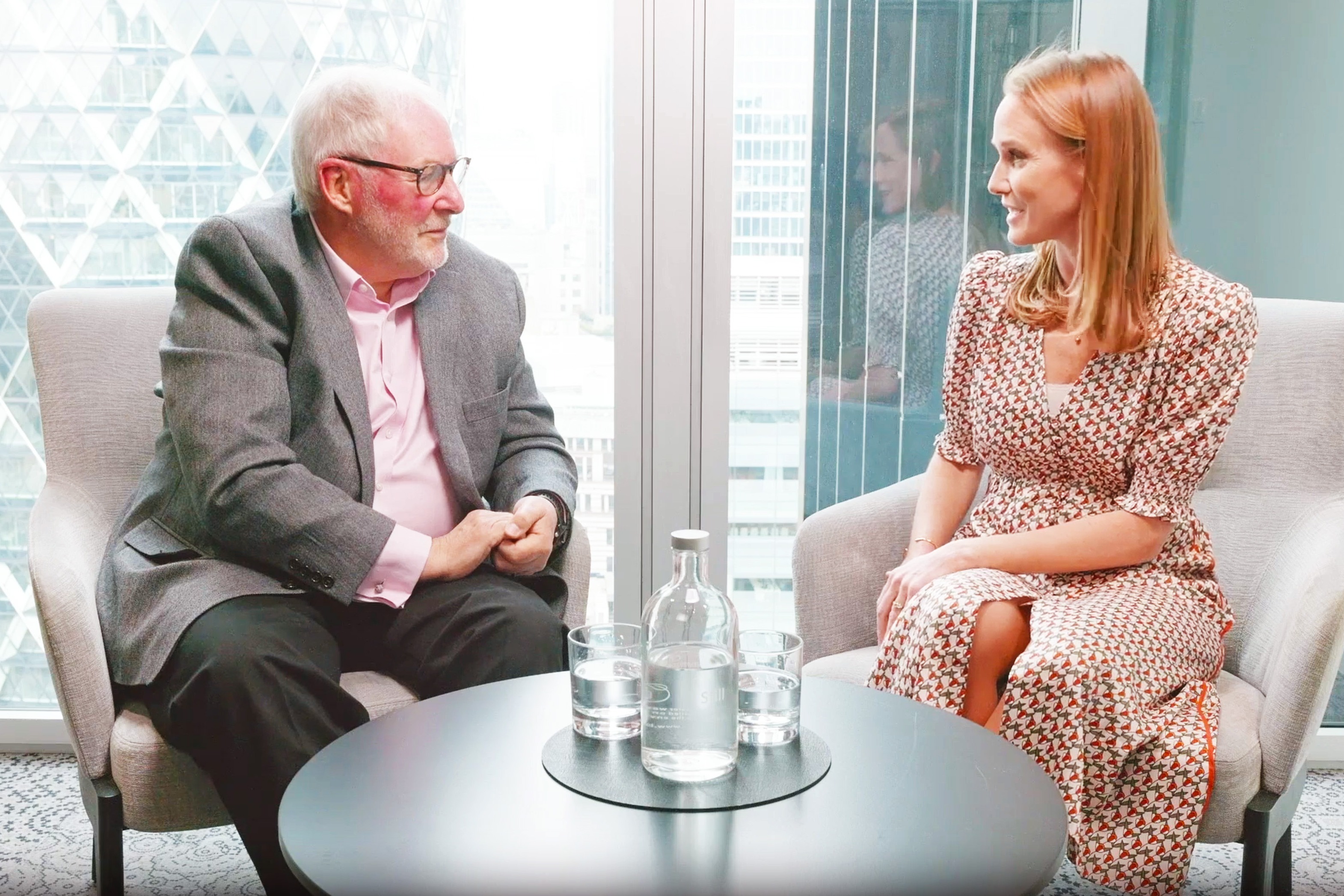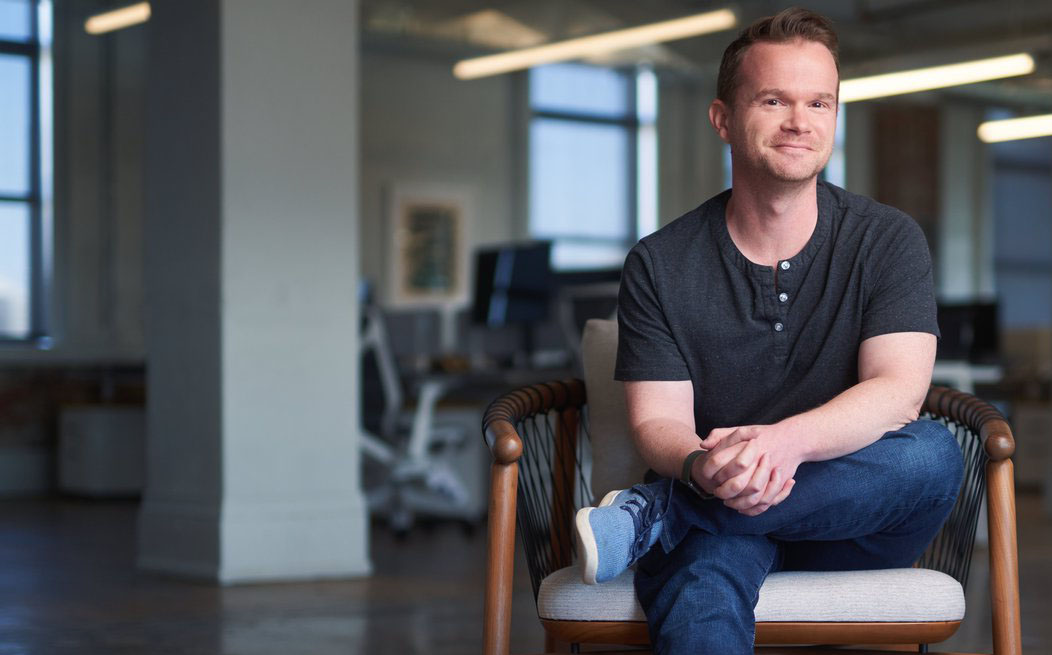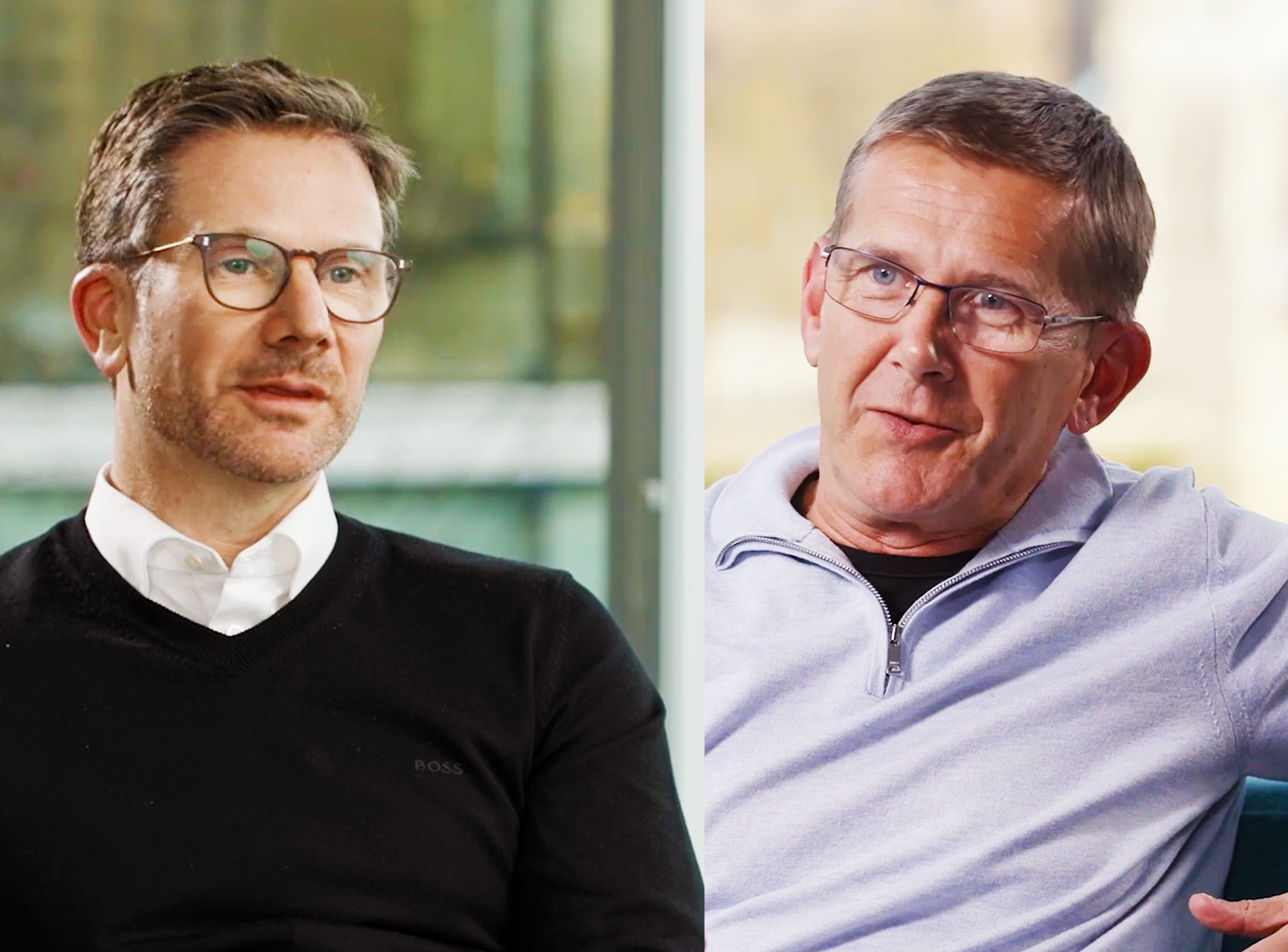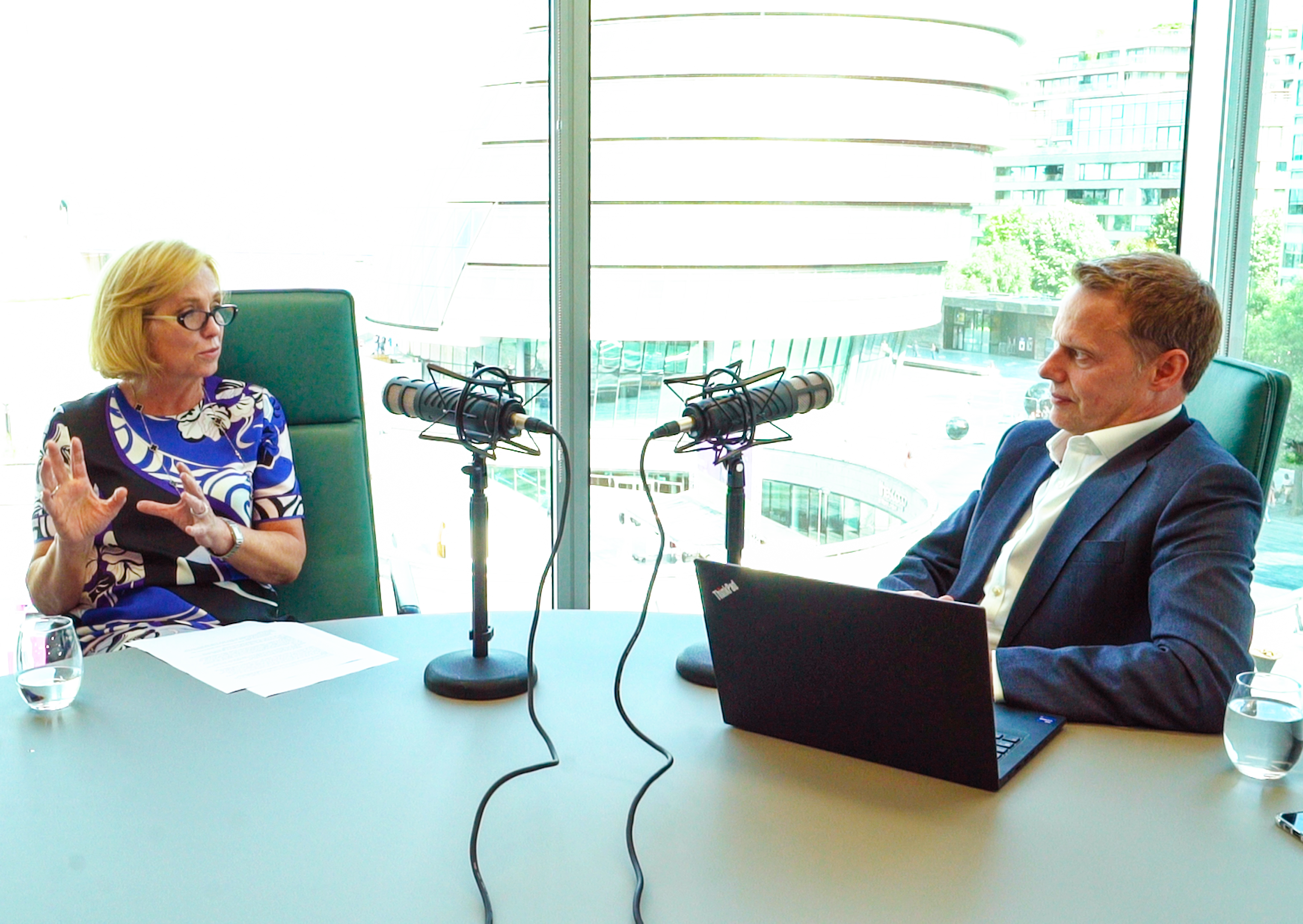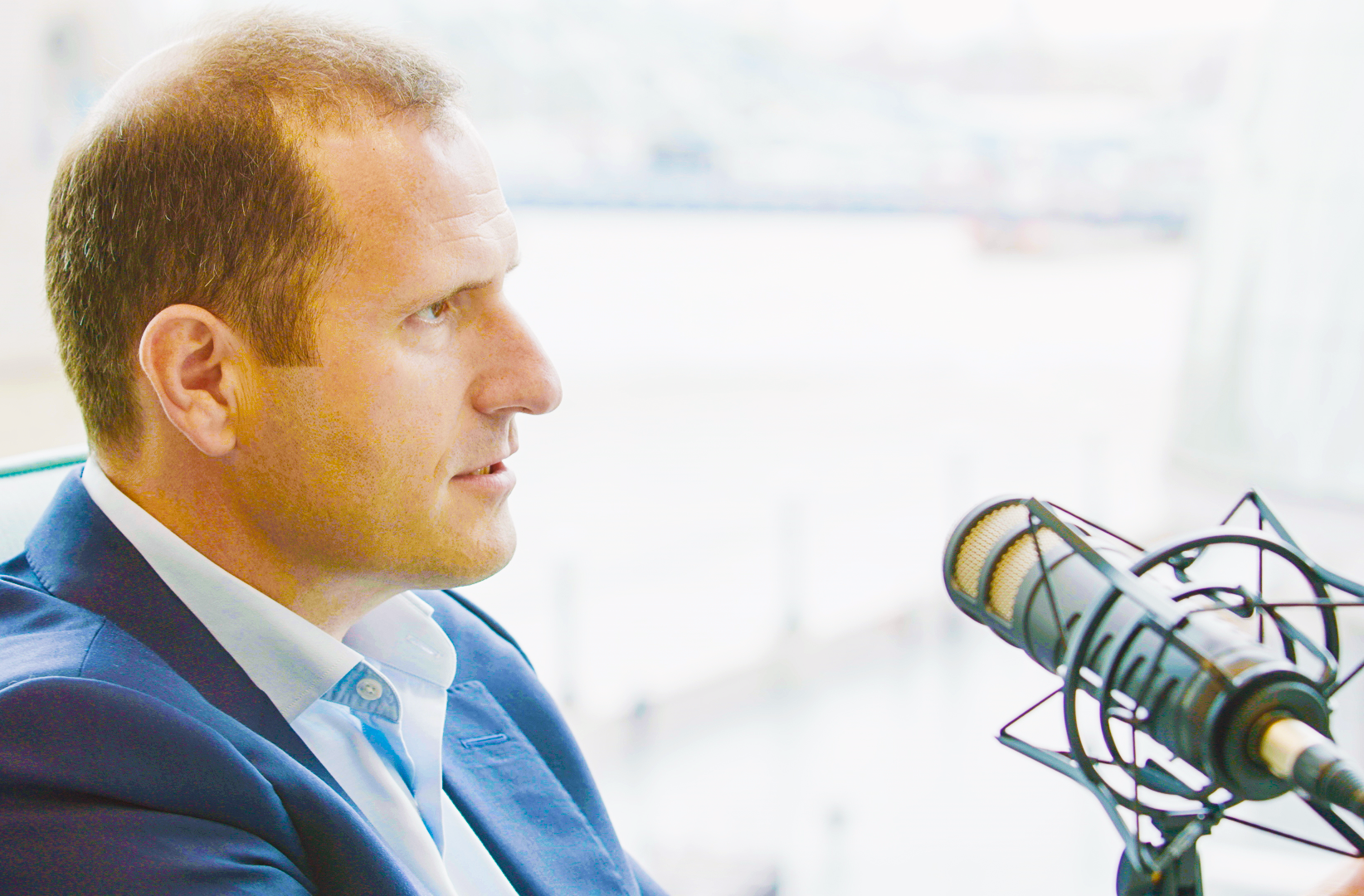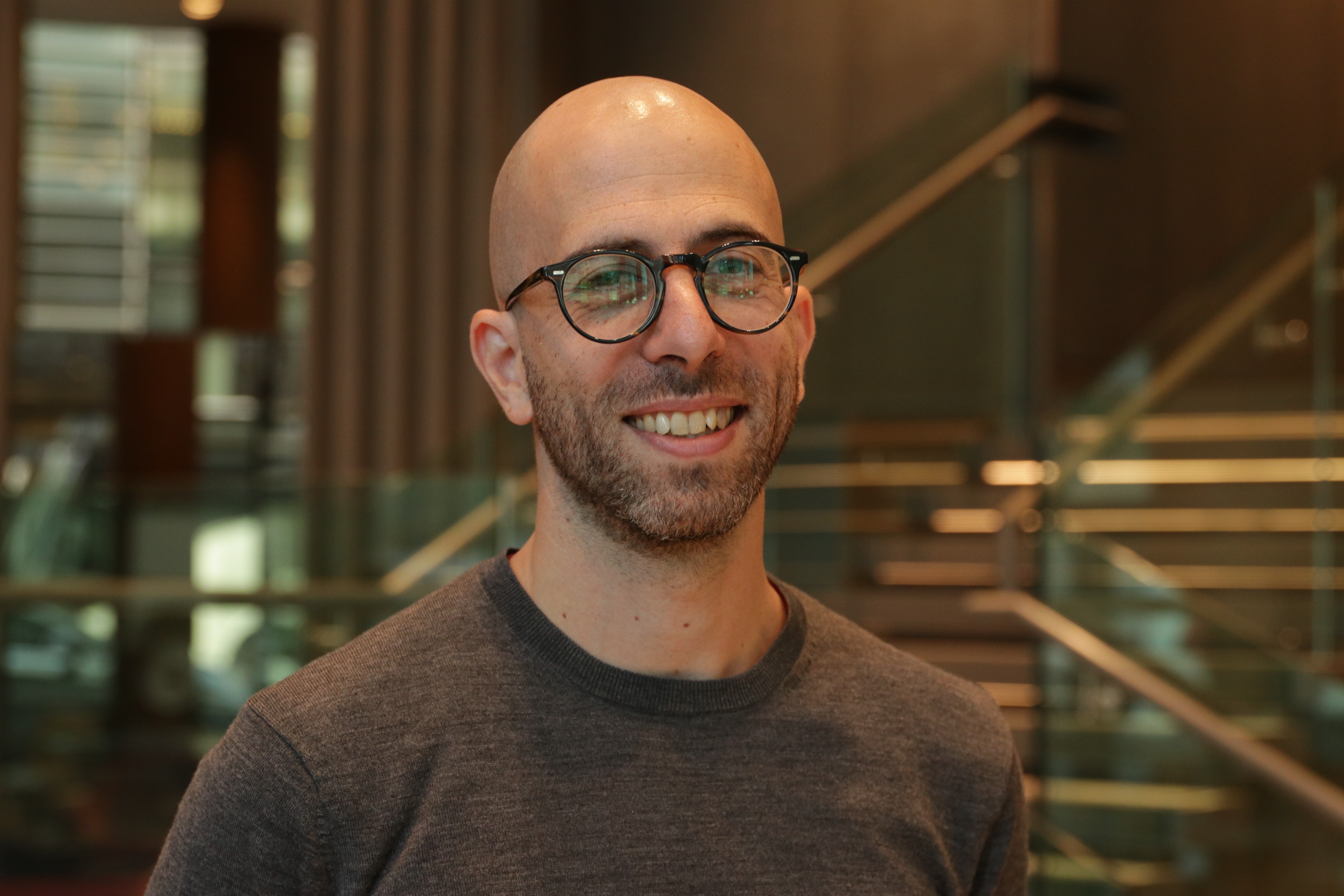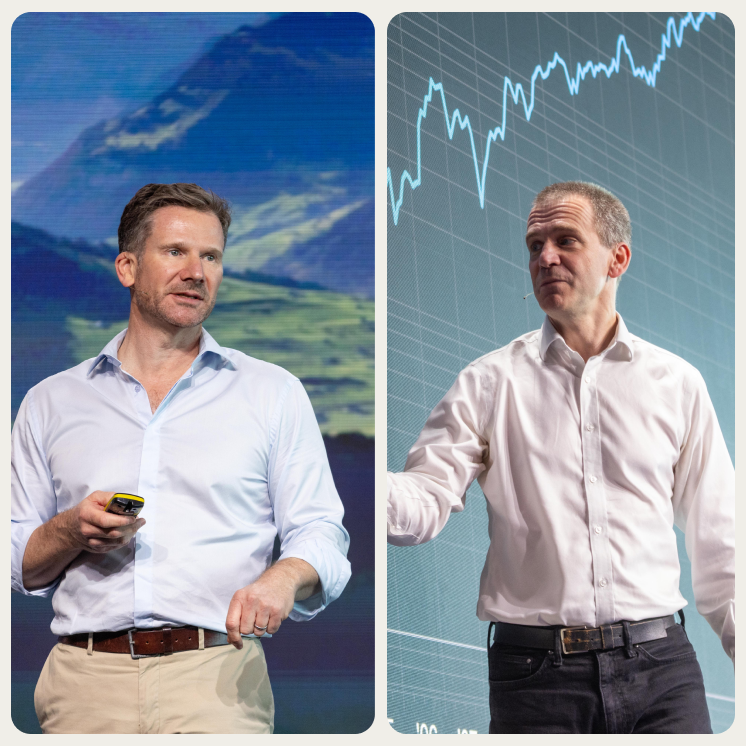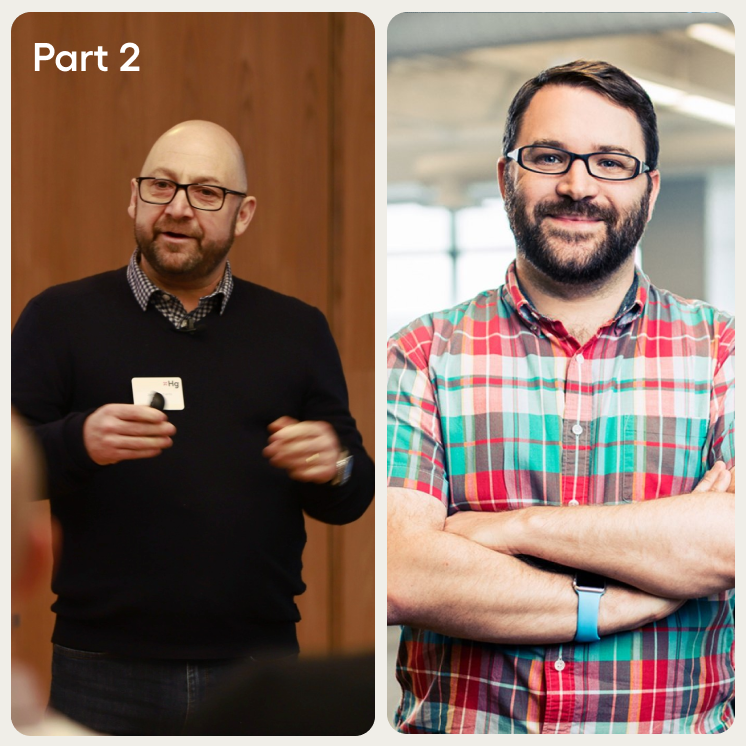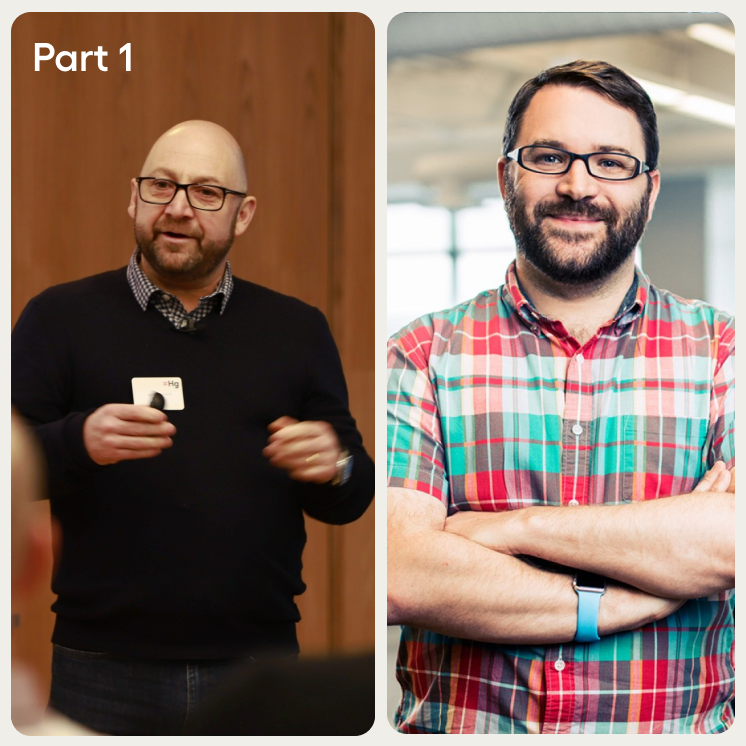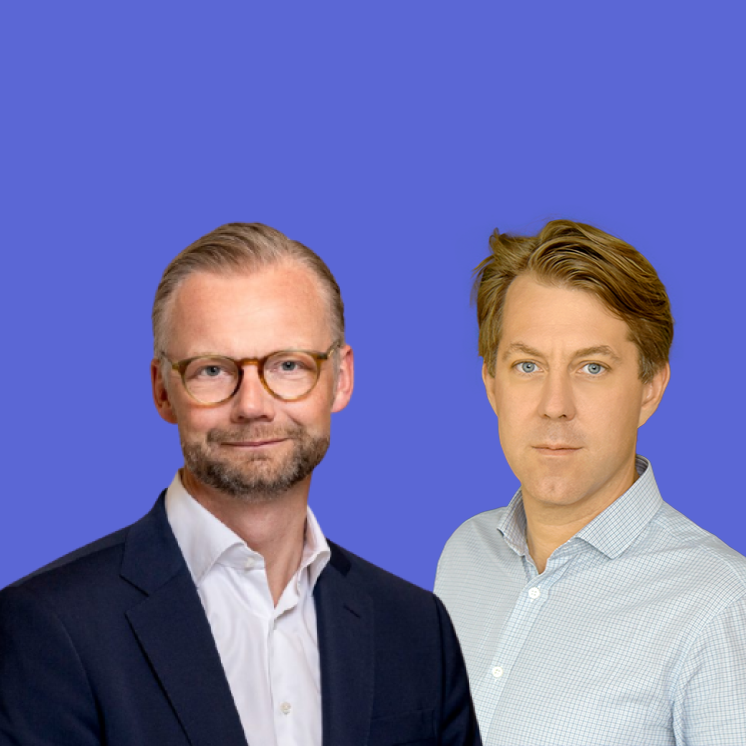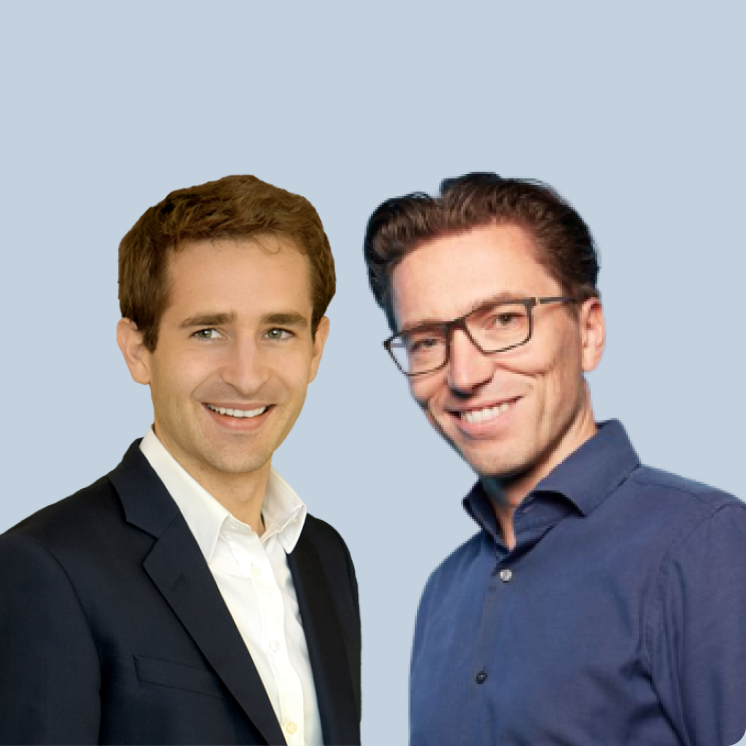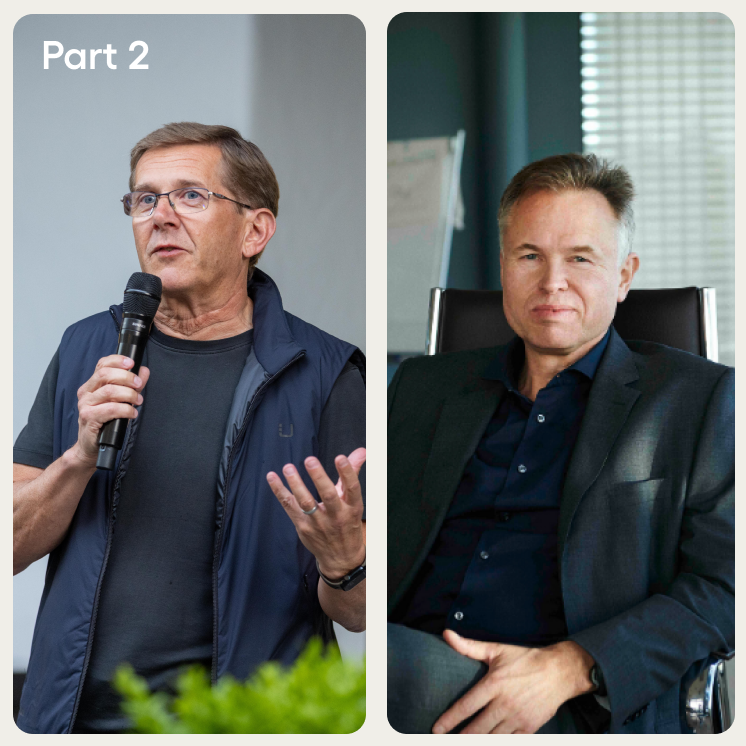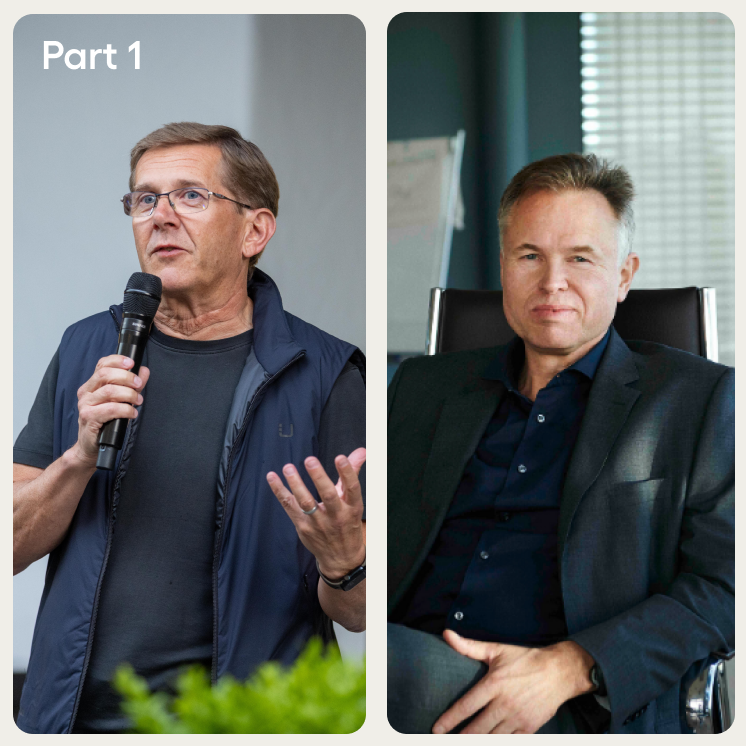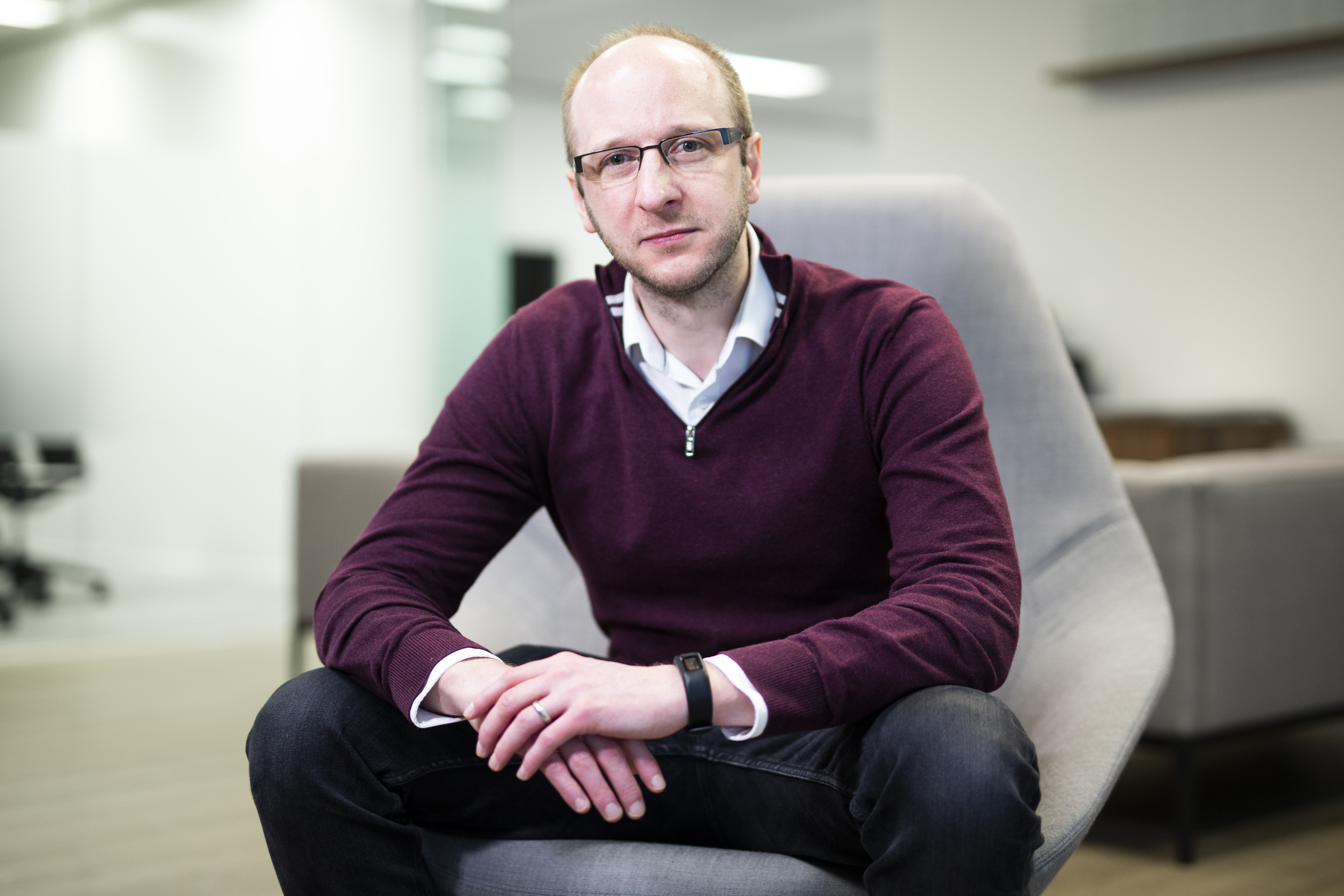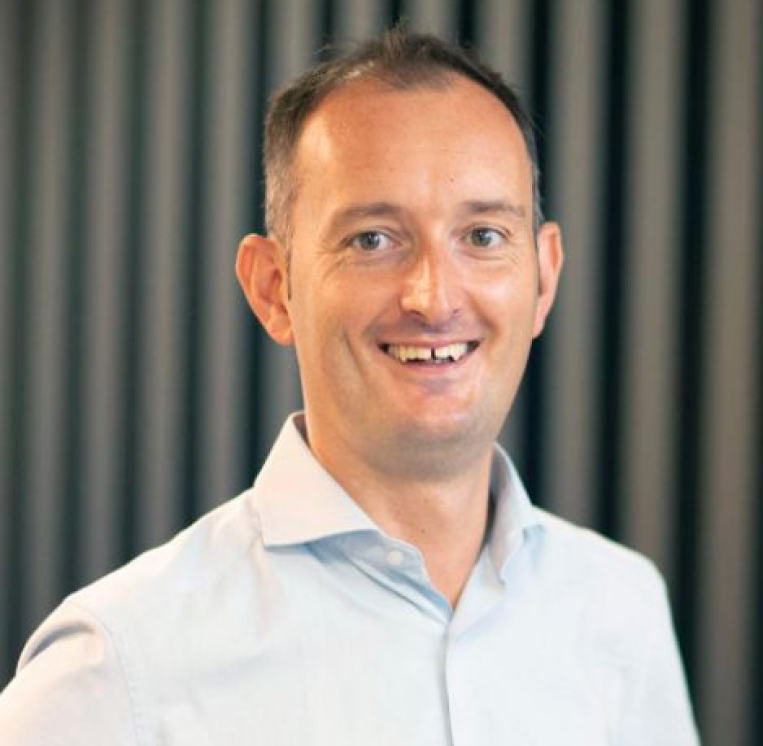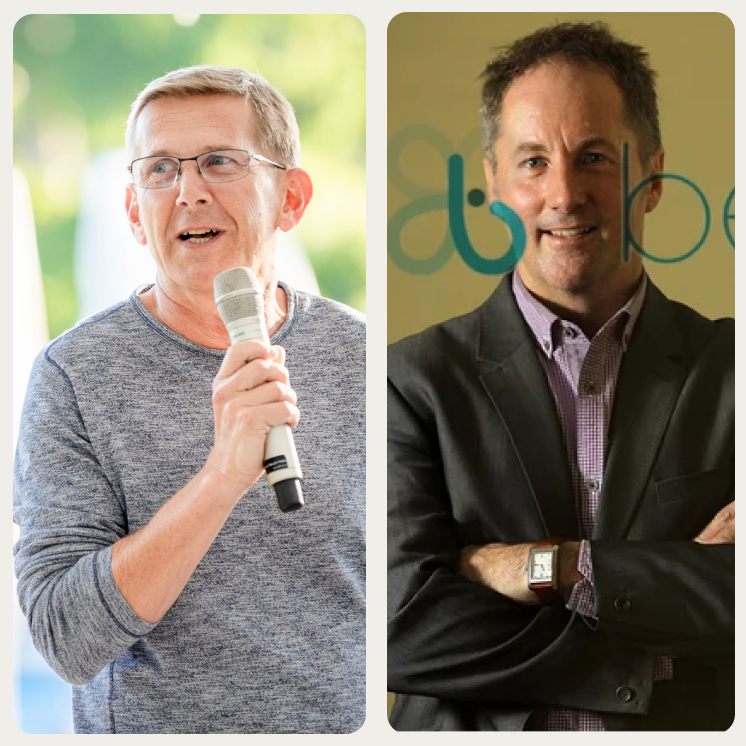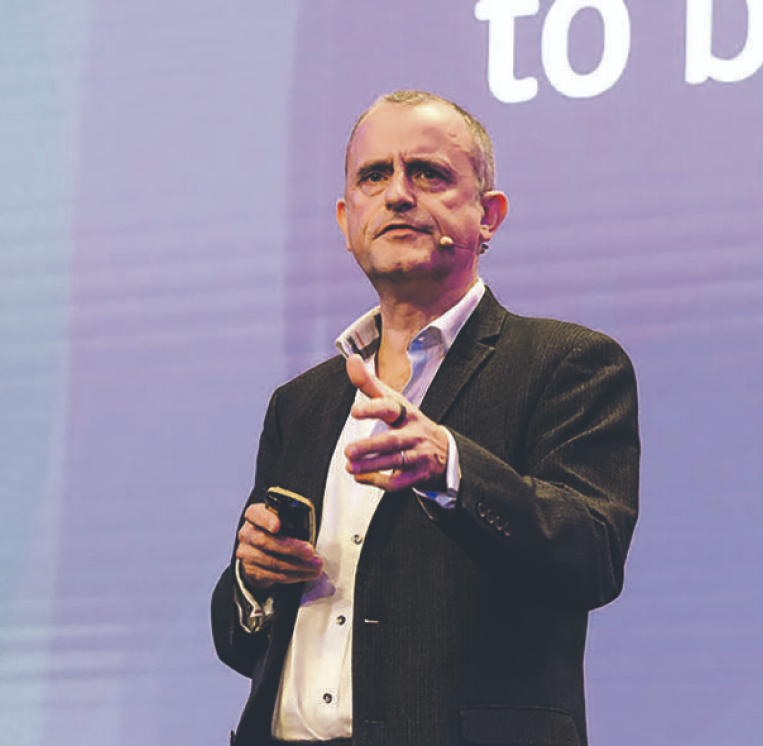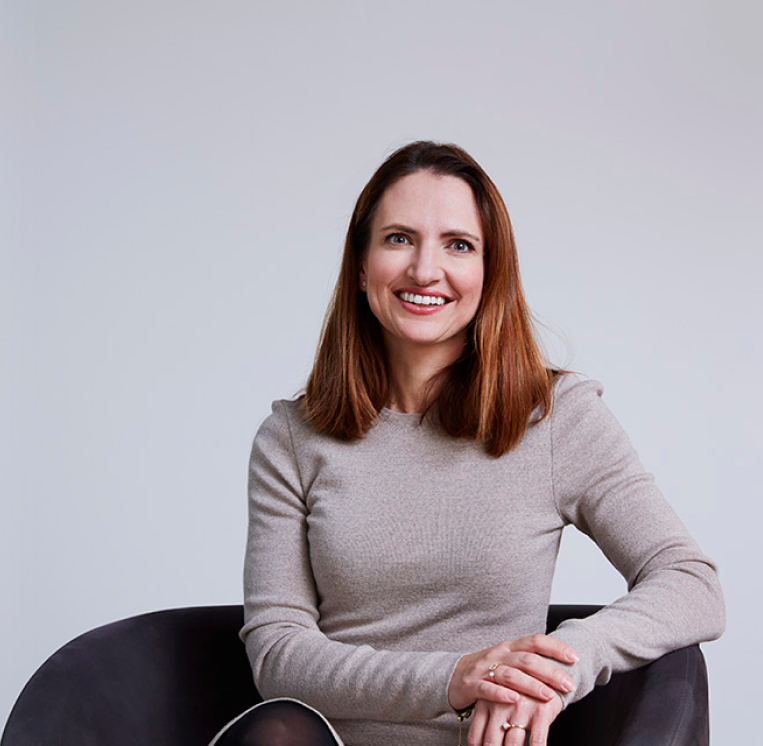Orbit Podcast
Orbit 25
Poacher turned gatekeeper
A born problem-solver, a career spent around the trading desks of large banks meant that Philip Morgan’s efforts were often hampered by the status quo.
Listen on:
Episode Transcript
Steve Burn-Murdoch
Welcome to Orbit, the Hg podcast series, where we speak to leaders and innovators from across the software and tech ecosystem and discuss the key trends that change how we all do business. I’m Steve Burn-Murdoch, an investor at Hg, and I’m thrilled to be joined today by Phil Morgan, the CEO of Pirum. Pirum is at global automation and connectivity platform for Securities Finance transactions serving many of the world’s largest banks, custodians and asset managers.
Thanks for coming in Phil.
Phil Morgan
Thanks, Steve. As you said, I’m CEO of Pirum. I’ve been at Pirum for just over six years and, before that, was a practitioner for over 20 years working in a number of large financial institutions: banks, running trading desks. I guess before I decided to turn poacher turned gamekeeper and join the fintech side of the fence
Steve Burn-Murdoch
Fantastic, do you want to talk a little bit about that journey and what led you to join Pirum to move from being a customer of the product to running the business.
Phil Morgan
Sure. I’d like to say it was a grand plan, a grand vision, my whole career, but often you get presented with opportunities and you play from that. I had a highly rewarding and varied, 20-odd year career at various kind of bulge bracket banks, but I guess, towards the end of my kind of period or career in the banks, what I realized what I really enjoyed was the problem-solving and the innovation element of the business. And increasingly, for a number of different reasons, that was increasingly difficult to implement, change and create innovation, and be agile within banks.
So I’d been, as you alluded to, a customer of Pirum’s for five or six years in my last role running a training division at Nomura. And, given that connectivity, I really felt Pirum had built fantastic position in the market but, more so, was in a really unique position to try and help the industry with some of the challenges it was facing and it would be facing in the coming years. So I guess it was a kind of evolution in some senses that what I really liked was problem-solving and creating solutions and joining or developing a fintech allowed me to create those solutions but offer them across the industry and not just to one particular institution. So, I guess that’s kind of how I got to where I am.
Steve Burn-Murdoch
Can you bring the industry to life? Because I’m conscious it’s an enormously complex ecosystem. Yeah, can you bring it to life for us? Just that that level of depth and complexity that that you’ve looked after for so many years.
Phil Morgan
Sure. Yeah. Well, I’ll try. Securities Finance is a huge industry. Probably not particularly well known by the man or woman on the street, but hugely important to the functioning of asset managers, pensions and banks. So, if you have a unit trust fund, if you have a pension fund, if you invest with asset managers, which I’m sure a lot of the listeners do: all of those institutions will be involved in in securities finance in one way or another.
In terms of the scale, it’s a $17 trillion AUM business, there’s around 2,000 market participants, millions of transactions being processed a day and managed. I guess what’s kind of interesting, and maybe not necessarily obvious to your listeners, is that a lot of the market participants, even in this day and age, still have a huge amount of efficiency challenges, automation challenges that they’re struggling with on a day-to-day basis. So, you know, absolutely – as I go back to the original point – I love problem solving, I love looking to create efficiency and automation, what we’re doing alongside other fintech providers in in this space and others is to try and socialize those solutions for that relatively complex web of market participants.
Steve Burn-Murdoch
And what does that look like – those sorts of manual processes that you that you talked about?
Phil Morgan
Sure. When I started in the mid-90s, there was one PC in the corner of the office and settlements were still physical with people wandering around the city delivering share certificates to each other. So thankfully, 25 years later, we’ve definitely moved on considerably from that. There’s a huge amount of automation and improvements that we’ve seen and benefit the end user – who are the pension funds or you and me as investors. Historically everything we’ve done manually/physically: emails, phone calls etc. And whilst a lot of improvements have been made – certainly at the execution side of the business: there’s a lot more automation, a lot more electronification, if I can phrase it that way – actually, behind that there’s still a huge amount that would surprise us all when you looked under the hood of how many manual and unsophisticated processes still exist in these in these big, bulge bracket institutions.
The makeup of a trading desk has changed considerably. I think again if we compare to the media view of what a trading desk is, it’s like these flash traders with braces on, Wolf of Wall Street-style. Whereas the reality these days – and again, it’s a reflection of where the market’s going in terms of adoption of technology and the need for efficiency – is probably 70%-80% maths, quants and actually computer science or engineers. So actually, what is driving trading desks now and will do in the future, it’s been labelled as the rise of the coder. These trading desks are run now or employee these engineers or maths grads to fully automate the processes rather than the image that we’ve all grown up with on what a trading desk is.
Steve Burn-Murdoch
So $17 trillion of our pension money collectively will be looked after on spreadsheets, pens and paper and that sort of thing. Is it?
Phil Morgan
I don’t want to kind of paint to negative a picture. But I mean there’s certain areas where the industry has solved elements of that and we’ve had regulation come in that have encouraged that: UMR and Mifid. I don’t want to go into too much jargon here. So there’s definitely been an evolution. But, absolutely, there’s still pockets of real, manualness and, especially for a sector like securities finance, where there’s a interconnectedness between institutions: that network, that Pirum has effectively built, to help that interconnectivity and automation of that connectivity, has been historically challenged
Steve Burn-Murdoch
Can you talk a bit about the move from poacher to gamekeeper as it pertains to joining from a customer? How did you find that and what perspective did that give you?
Phil Morgan
Well, yeah, I guess I was fortunate to have worked at reasonably-sized institutions or banks and, effectively, the infrastructure and architecture in those organizations are huge. I suppose moving to a fintech – and I was the 30th employee when I joined six years ago and fortunately we’ve grown considerably from there – I would say that the marked difference between a fintech and a larger organization is, frankly, there’s nowhere to hide. You have to be successful and if you’re not successful then it’s very quickly apparent and the business will fail. So I think that the biggest change that I experienced was essentially: go into a smaller organization having to be more fully accountable, having to ensure that any products we built were successful, and any capex or investment we were making, you were pretty confident on its return metrics. Because frankly, if you spent multiple millions of pounds or dollars and you’re not going to get the return then your business is gonna become quickly insolvent. I think it’s that accountability. And I think that in some ways that’s led to a bit of a fintech revolution.
I think fintechs, by their nature, have to be agile, innovative, problem-solving because, if they’re not, they’ll go out business. I think you go back to the very first point that we discussed: all of that was of great appeal to me to join and really unleash that kind of innovation to the market. And in some ways, for a number of reasons, larger institutions, larger banks, larger asset managers: it’s becoming increasingly difficult for them to be agile and innovative etc. That’s why you’ve seen the evolution and scaling of these types of providers in the market.
If you take it to its natural conclusion, I think that could potentially create risk for banks – and maybe regulators are starting to consider this – whereby banks or financial institutions have become increasingly reliant on external providers. And sometimes these external providers maybe don’t have scale and don’t have financial resilience. And there’s a “what if” question that the regulators are posing. It’s definitely something that is hugely important to us: our resilience, our up time and how we support outages. We rarely have them but I definitely think it’s a warranted question and I do think there are a number of fintech providers out there – and especially as we’re coming into a period of market contraction and the ability to get finance and liquidity or funding for these vehicles maybe comes into question – if you’re an institution that has outsourced some of their mission-critical activities to a provider that maybe has questionable financial resilience, I definitely think that should be something you should be considering.
Fortunately for Pirum, we’re not in that in that state. We’re cash-flow positive, we make good margins, we’ve got fantastic supporters and investors along that journey. But I definitely think it’s introducing a risk that probably wasn’t there prior to 2008/2010 and maybe, especially because we’re going into a tougher cycle, let’s call it that. I find that quite interesting and exciting because I think we’ll be in a pretty interesting position to look at some of these inorganic opportunities out there.
Steve Burn-Murdoch
Now you joined Lehman Brothers in 2007. Obviously a pretty interesting time. Can you tell us a little bit about your experience there and how that shaped your worldview?
Phil Morgan
Sure, I didn’t realize this was going to be a confessional but here goes! I joined Lehman Brothers in 2007 and part of my role was, and I guess I’m slightly reticent to admit to this, but part of my role was looking after liquidity at Lehman Brothers from a European perspective.
I guess the famous margin calls that have subsequently been turned into a movie, I was on the end of a number of those margin calls that Lehman receive from its trading counterparties and credit providers. So yeah, a hugely interesting time. Probably not one I would necessarily want to repeat but, with the beauty of hindsight, certainly a hugely interesting and informative experience to go through. Both for me but also for the market.
Clearly Lehman’s defaults and Bear Stearns, JP Morgan’s purchase of Bear Stearns and, in the UK, Northern Rock, it was clear that there was an unsustainable model at play in terms of leverage and secured financing and lack of effective liquidity management. I think I learned a huge amount and I think the industry post-2008 has learned a huge amount. Some of that’s just being done through best practice improvements but also through regulations. And again, it’s prompting some of the need for technological adoption and efficiency and transparency and better risk management.
So I guess, 14 years on, which seems like a long time ago now, I think the industry’s in a significantly better place. I think the credit crisis or credit crunch of 2008 wouldn’t repeat now. Not to say that there wouldn’t be another crisis and couldn’t be another crisis, for sure. But I think the one that was created by the leverage and the bubble and the lack of transparency and secured financing, through various regulatory moves by governments, has been resolved. So, definitely a hugely interesting time, a huge impact to the market but also to the public at large in terms of the nationalization of RBS etc. I definitely think, depending on your politics of whether you think the government should have intervened or shouldn’t have, I definitely think the net result, 14 years later, is a much better functioning environment and certainly one where a lot of those risks that were definitely there in 2008 have been removed.
Steve Burn-Murdoch
Did that experience inspire your move to Pirum in any way?
Phil Morgan
Yeah, it absolutely did. What you can do in a single institution, which is where I was, is you’re limited to creating a solution for that institution. You’re not encouraged or incentivized to create solutions for the broader industry. In fact, oftentimes you wouldn’t do that because of competitive pressures etc. But maybe it’s the soft socialist in me, but what appealed to me about going to somewhere like Pirum, a fintech provider, is being able to create a solution that could be socialized across the industry.
So for example, you know something like regulatory reporting which gives more transparency to the regulators on what’s going on in ‘Shadow Banking’, as it’s called, is something that we adopted quite early on in my journey at Pirum and we collaborated with other service providers and fintechs to create a collaborative solution for the industry that, I’m glad to say, 200 market participants have adopted rather than each and every one having to build their own individual solution. The net result being we could offer it at a fraction of the price. In the end, the end consumer, Mom and Pop pension fund, has a better result because they’re not paying as much cost. So yeah, definitely the ability to affect change and create solutions that are broader than just one vertical (i.e. one institution) was absolutely a driver and has been a driver and has actually helped improve overall industry practice and behaviour as a result.
Steve Burn-Murdoch
Now Phil, you’ve obviously had a 25-year career in finance. How have you seen the industry change over that period and how do you see it changing in the future from the perspective of your customers?
Phil Morgan
Yeah, 25 years. I guess it’s true seems to have gone in a blink of an eye. I think I’ll answer in a slightly different way and talk about what I started doing, what I was doing 25 years ago. How I see that evolution and comparison to where we are today and where we will be in the future. As I said, in the outset, mid-90s, it was horribly manual, huge amount of paper, huge amount of faxes. Clearly we’ve seen a massive evolution from that with email and automation processes etc. but, as I alluded to, there’s still teams of hundreds of people in operation centres at these financial institutions doing pretty manual, laborious tasks.
I think where we’re going is automating that – and probably not massively reducing headcount per se – but allowing Phil Morgan 25 years ago to be concentrating on more value-add activities. If you compare it or parallel it to production or industry, it’s the situation where someone is sitting on the shop floor actually managing the process rather than someone in a room looking at a dashboard and looking to monitor risks or areas they should be focusing on. The net output of that means that you can do a huge amount more volume and essentially you can do it in a lot less time. Which in the end means that the individuals are doing a more valuable role. But also the end user, the pension holder etc is getting more value and more efficiency. And I think that’s what the end game looks like and I think that would be a good outcome for all concerned.
Steve Burn-Murdoch
Phil now, you’re investing heavily in further innovation in the sector. Do you want to share your thoughts on how you see the future of the industry?
Phil Morgan
Sure. Yeah, absolutely. And I guess just my view. I mean it’s not to say that I’ve got the crystal ball but I think it’s fairly clear what’s out there and what pressures the industry’s experiencing. I want to bring this back to the man or woman on the street. All of this is driven to give that pension fund holder or Asset Management better execution and better return for their fees.
I think it’s really interesting: some of the moves that the big US asset managers, Vanguard, BlackRock, have made in the last year or so about going to close to zero management fees. Now that’s fascinating because the only way you achieve that is by eliminating the inefficiency. So there’s no doubt that there’s going to be an increasing drive for efficiency, which again is good news for us because effectively that’s what we do. And in order to do that, there’s going to be a full adoption of technology to achieve that. I think new technologies will assist this for many and obviously providers such as ours will offer that.
But I guess If you take that futuretech and the trend even further and start talking about fundamental changes to settlement and operation models, and maybe bringing in distributed ledger and various other things. In some ways technology can be a friend to these financial institutions in terms of giving them more efficiency. However, there is a more ethereal kind of risk out there, a macro risk, that actually some of these technologies enable a complete quantum shift of the operating model which could actually jeopardize some of these institutions’ positions that have been built up over a hundred or 200 years. I don’t want to be too dramatic and I don’t think we’re anywhere close to that but some of these evolving and developing technologies – be it tokenization, be it digital asset, be it distributed ledger – I definitely think represent a challenge for the status quo across the board. It’s going to be fascinating to see to what extent technology is a friend or a foe for the industry as we go forward.
Steve Burn-Murdoch
Thanks Phil, enormously interesting and amazing to see the extent to which technology is transforming and automating these businesses and really fundamentally changing the way that we all do business and the way that financial systems work. Thank you so much for coming in today.
Orbit episodes
Orbit Podcast
A certain level of chaos is healthy: Franz Faerber on fighting bureaucracy and the importance of deep domain knowledge in AI
Episode detailsOrbit Podcast
The corporate immune system: Google Cloud's Daniël Rood on building Europe's first AI team
Episode detailsOrbit Podcast
Skin in the game: Professor Neil Lawrence on vulnerability, accountability and why the next generation will thrive.
Episode detailsOrbit Podcast
The 3 speed problem: Oji Udezue on CPO leadership in the age of unlimited engineering
Episode detailsOrbit Podcast
Fevered determination: Building Zalos from zero to enterprise in 5 weeks
Episode detailsOrbit Podcast
Trust, velocity, and building the Answer Engine: Dmitry Shevelenko of Perplexity speaks to Farouk Hussein
Episode detailsOrbit Podcast
The long road to the last mile: Nic Humphries and Matthew Brockman reflect on 25 years of Hg
Episode detailsOrbit Podcast
AI, Control Points, and the Next Wave of Vertical SaaS with Tidemark Capital founder, Dave Yuan
Episode detailsOrbit Podcast
A glimpse of the next generation: Zoe Zhao and Annalise Dragic of Azlin Software
Episode detailsOrbit Podcast
The business case for AI: Brent Hayward of Salesforce, David Carmona of Microsoft & Nagraj Kashyap of Touring Capital
Episode detailsOrbit Podcast
Mastering the billion-dollar software playbook: Joe Lonsdale of 8VC & Eric Poirier of Addepar
Episode detailsOrbit Podcast
